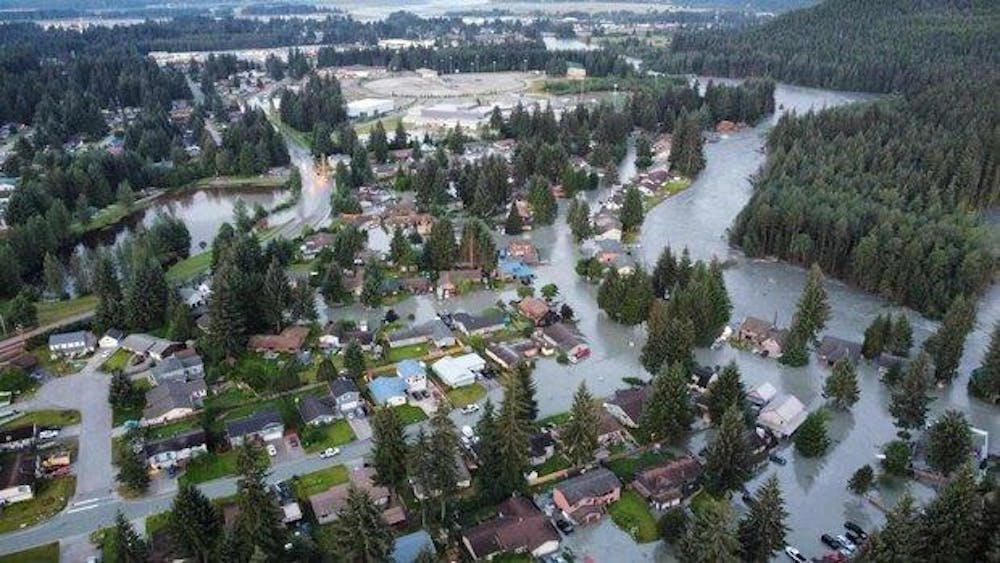When the dramatic rise in water levels surged along the Mendenhall River near Juneau, Alaska, nearly 300 families found their lives and homes upended by the powerful glacier outburst.
Suddenly, it was a joke. My water-damaged house was something that my friends and I laughed at. I was heartbroken. My things were destroyed. Community volunteers were ripping out my walls and floorboards, removing insulation and traipsing around my living room with power tools and crowbars.
We were throwing things out by the ton: our couch, childhood memorabilia, books, chairs, and Christmas ornaments my grandpa had carved — all gone. Even if some of those things didn’t mean much to me, hauling them to the curb for pickup was just another reminder of the flood.
In our hyper-connected world, social media has transformed the way we access information and interact with each other. We can instantaneously Google questions and chat with people across the globe. With this, a negative trend has emerged: desensitization. We are constantly exposed to sensitive headlines, tragic news and curated depictions of suffering that have completely dulled our emotional responses.
We are so overwhelmed with shocking content that it has almost become routine. As a result of this, our ability to empathize has eroded. Rather than getting a call to action, we double-tap and move on to whatever content is next. This may not necessarily mean that we care less, but it has dissolved into “let’s move on” rather than working out and advocating for a better future.
Content is now designed to be consumed rapidly. A video or post is quickly replaced by another. If you dislike the content you see, you can easily scroll to the next without hesitation. Because of this rapid flow, we are rarely given the opportunity to reflect.
Earth-shattering events and personal stories of displaced families are delivered to us alongside Target advertisements, giving us emotional whiplash. This rapid consumption disconnects us even further. Our focus constantly shifts from one event to another, preventing us from holding onto any single issue or caring long enough to act upon it.
To cope with the overload of information we’re fed from social media, many of us turn to humor to deal with those complex feelings. Memes, jokes and ironic commentary about serious issues allow us to confront difficult topics as an emotional escape. It’s less threatening to us when we don’t have to face what we feel head-on.
The humor that stems from this can build resilience, but the line needs to be drawn when it is used to replace dealing with those emotions. By transforming tragedy and injustice into punchlines, we may unintentionally distance ourselves from the real impact of these issues.
We are so constantly overwhelmed with bad news and sad stories that the grip they have on us is something we can no longer shake off — preventing us from recognizing what is harmful and stopping us from distinguishing what we see online and what we see offline.
I will tell my friends an emotional story, and it will often turn into a joke or will spiral into a trauma competition. Bad news is still bad news in any capacity and does not need to be compared to what we consume on social media. We should be able to differentiate the two and compassionately support our loved ones.
Naara Conlon is the Social Media Reporter for The Beacon. She can be reached at conlon25@up.edu








